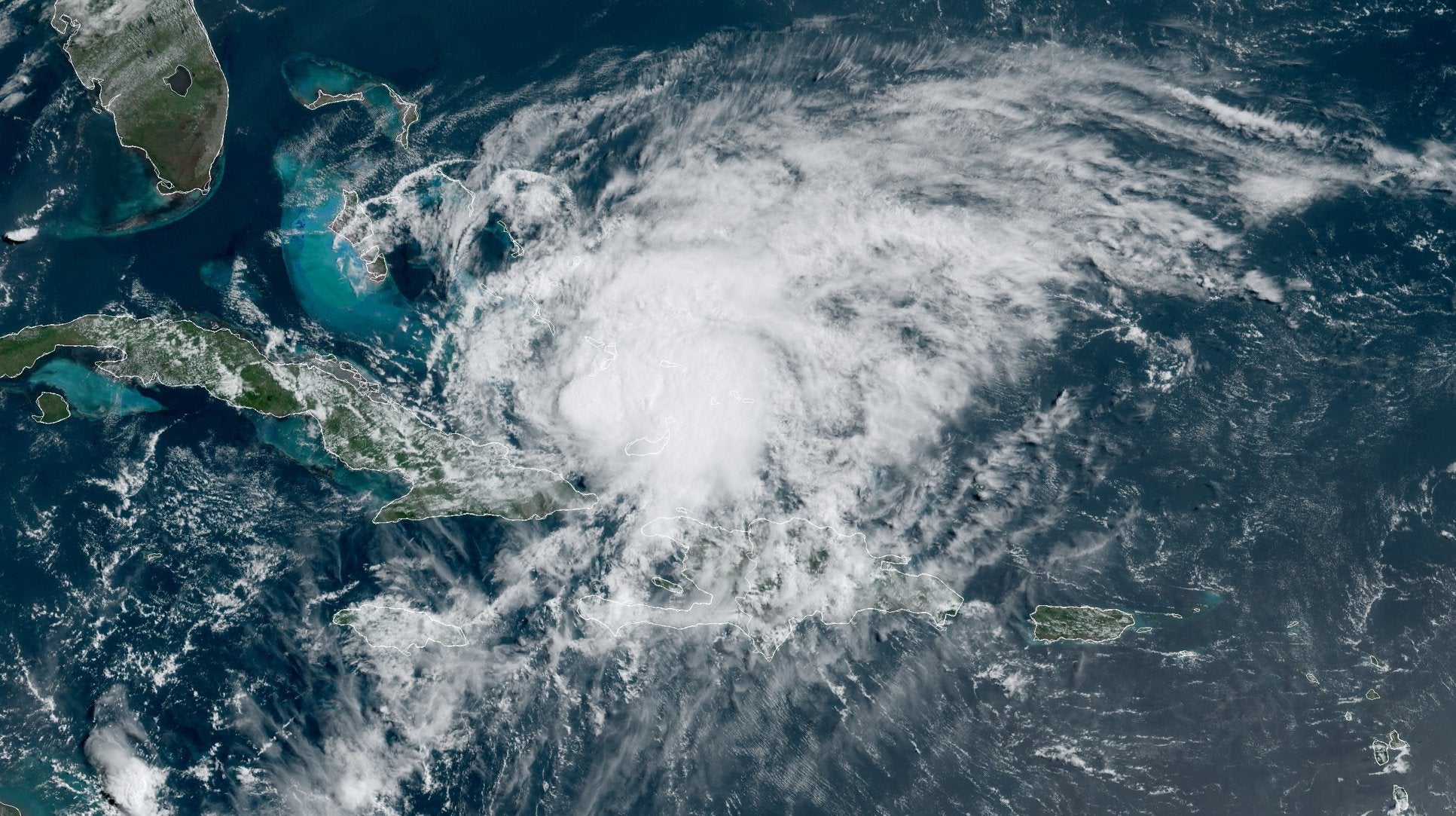Cooper urges preparation for hurricane season
Published 7:49 am Wednesday, May 4, 2022

- Hurricane Isaias. NOAA image
|
Getting your Trinity Audio player ready...
|
Hurricane Preparedness Week, May 1-7, encourages preparedness and education about the dangers of hurricanes and remind everyone to be ready for tropical weather. Hurricane season runs from June 1 through November 30.
“North Carolina is prone to the impacts of hurricanes, tropical storms and other severe weather,” said Governor Roy Cooper. “It’s important to be prepared by having a family emergency plan and emergency kit, which will help you to survive the impacts of a storm and recover faster.”
Tropical storms and hurricanes are common in North Carolina. “The state is currently recovering from the devastating effects of multiple large storms including Tropical Storm Fred, which caused devastation and six deaths in Western North Carolina last year,” stated a press release from Cooper’s office. “In 2020 Hurricane Isaias and the remnants of Hurricane Eta pummeled parts of the state; as did Hurricane Dorian in 2019; Hurricane Florence, Tropical Storms Michael and Alberto in 2018; and Hurricane Matthew in 2016.”
“Being prepared also includes having flood insurance, which is not normally part of homeowner’s insurance policies,” said Will Ray, director of North Carolina Emergency Management. “It’s also important that we all look out for our neighbors, especially the elderly who may be more vulnerable.”
All North Carolinians are strongly encouraged to develop an emergency plan. The plan should include details on how and where to evacuate, a meeting place and important phone numbers. Everyone should have an evacuation plan to stay with family or friends or at a hotel outside the affected area. Staying at a public shelter should be a last resort, not the primary plan, stated the release. Those outside coastal or flood prone areas are encouraged to offer to share their homes as a shelter location for family or friends from coastal or flood prone areas.
Write down the plan and gather important documents, such as copy of driver’s license, insurance policies, medical records and bank account information and put them somewhere easily and quickly accessible in case of emergency.
Make sure to review and update homeowners or renters’ insurance policies to ensure they are current and include adequate coverage for the current situation.
Having an emergency kit allows people to survive for a few days with little or no outside assistance. Assemble an emergency supplies kit that includes enough non-perishable food and water to last each family member three to seven days. Other essential items include:
- First-aid kit
- Weather radio and batteries
- Prescription medicines
- Sleeping bag or blankets
- Changes of clothes
- Hygiene items such as toothbrush, toothpaste, soap and deodorant
- Cash
- Pet supplies including food, water, bedding, leashes, muzzle and vaccination records
- Face masks and hand sanitizer
Residents should pay attention to weather and evacuation information from local news media and have a battery-powered radio in case there is a power outage. If asked to evacuate, residents should promptly follow evacuation instructions.
To help mitigate damage to homes from severe weather, people can take measures such as trimming trees, covering windows and securing loose outdoor items before severe weather strikes.
More information on emergency planning, preparedness and hurricanes may be found online at ReadyNC.gov.






